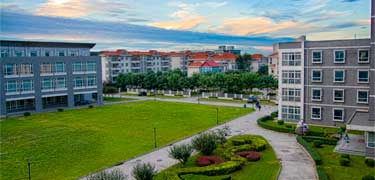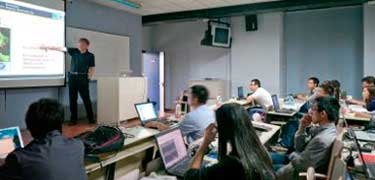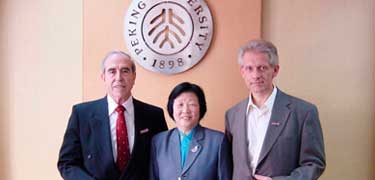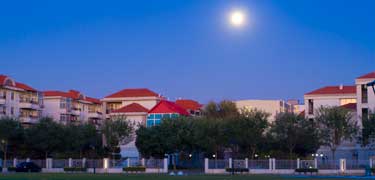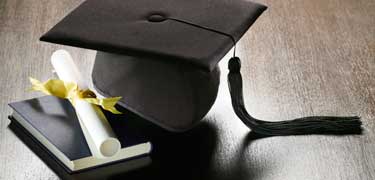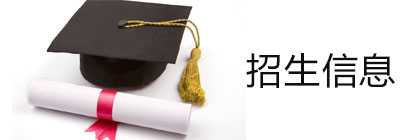"China's software schools evolve "
to help students compete
U.S. COMPANIES FUND STATE-OF-THE-ART CAMPUS LABS
By Kristi Heim
Mercury News
March 17, 2004
BEIJING - Rachel Zhu, 27, idolizes Oracle CEO Larry Ellison for his adventurous spirit. "His career is really successful, plus he can enjoy life . He can manage a company ,fly an airplane and climb mountains,' said Zhu.
Her classmate Darrell Zhang, 24, marvels at Microsoft Chairman Bill Gates' mastery of technology. Gates, like Napoleon -- Zhang's other hero - "knows how to manage technology and human resources," said Zhang. "He dropped out of Harvard. It shows his courage."
While many young Americans worship athletes and celebrities, ambitious Chinese students like Zhu and Zhang glorify technologists and entrepreneurs.
Zhu and Zhang attend Peking University's School of Software, which opened in October 2002 as part of an ambitious effort by China to develop its technical brainpower. China a country known more for its technicians than tech innovators, is building a new type of university system "
"-- one that combines the technical with the creative and the practical. The aim: creating China's own Larrys and Bills. "
It is in settings like Peking University's School of Software where the Chinese talent will emerge to challenge places like Silicon Valley as a tech leader for the next generation. "
Peking University is one of 35 Chinese universities chosen three years ago by the central government to build software colleges.
Right now, China's software workers perform mainly low-level programming tasks. The lack of higher skills in software means China is lagging far behind countries like India. "
Yet China already is producing huge numbers of technically trained graduates.
In China, 58 percent of all degrees awarded in 2002 were in physical sciences and engineering, compared with 17 percent in the United States, according to the U.S. Presidential Council of Advisors on Science and Technology.
In engineering, about 220,000 Chinese bachelor's degrees were awarded in 2002, compared with 60,000 in the United States."
Well-funded labs
Peking University, China's top educational institution for the past century, has long excelled in the liberal arts, training generations of China's best scholars. Computer science and engineering have been the strength of Beijing's other top university, Tsinghua. "
In an industrial zone an hour's drive from central Beijing, Peking University's School of Software campus of modern low-rise buildings and pristine lawn contrasts sharply with its surroundings -- a jumble of construction sites with half-finished buildings, vast fields and rows of "
But this is no ordinary university. Inside the software school's gleaming marble halls, students work in state-of-the-art labs funded by IBM, Microsoft, Sun Microsystems, Motorola, Oracle, Intel and other U.S. technology firms eager to attract graduates to work in the companies "
rapidly expanding businesses in China. The software school works closely with Chinese and foreign corporations, basing its curriculum on industry needs.
The school has 860 graduate students and 75 students pursuing second bachelor's degrees. It plans to bring its ranks to 3,800 within three years. "
Students specialize in subject such as integrated-circuit design, information security, digital arts design and entrepreneurship, with much of the teaching done in English.
Chen Zhong, the school's independent-minded dean, hopes to use Peking University's traditional strength in liberal arts to nurture students' creative talents. His school holds seminars and lectures by professors from departments such as art, culture, psychology and literature. "In order to help foster innovation, these things are much more emphasized at our school, "Chen said.


